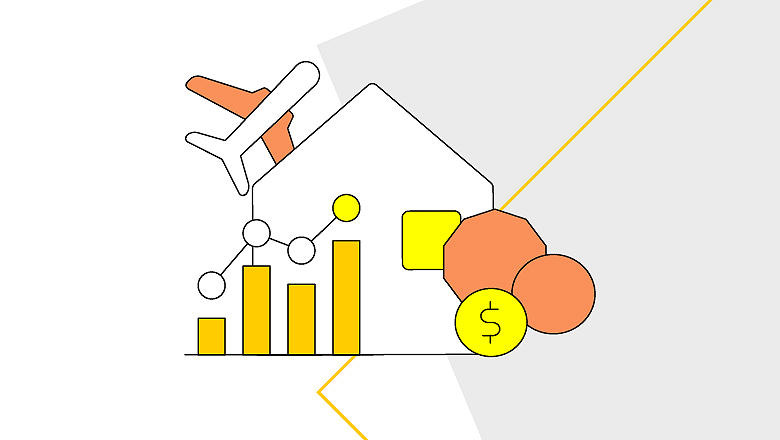📰 Australian Spending Slump: Valentine's Day Fails to Ignite Consumer Spending in February 2025
CommBank's February spending data shows 0.2% decline as Australians cut discretionary purchases despite Valentine's Day celebrations.
Australia's economic recovery has been impacted in February by a 0.2 percent decrease in the CommBank Household Spending Insights Index, reflecting a change in consumer behavior with a focus on essential expenses over non-essential ones.
This trend poses challenges for retailers and the economy, leading to a decrease in annual spending growth rates to only 1.5% from the previous year. Monitoring these spending patterns is vital for financial experts as they are crucial indicators of the increasing economic strain on Australian households. Major sectors such as recreation and hospitality have experienced notable reductions, indicating significant economic challenges persist despite earlier forecasts of recovery in early 2025.
Key Findings:
Recreation (-1.6%) and Hospitality (-1.2%) saw the sharpest spending declines in February, with consumers also cutting back on Food and Beverage (-0.7%), Education (-0.6%), and Transport (-0.5%).
Essential spending categories showed growth, led by Utilities (+1.9%), Health (+0.7%), and Insurance (+0.7%), indicating consumers are prioritizing necessities.
The notable deceleration in annual spending growth to 1.5% can be partially explained by the shorter duration of February 2025 compared to the leap year in 2024 and the absence of the "Taylor Swift effect" from the previous year.
There are geographic disparities, with Western Australia displaying the highest annual growth rate of +2.3%, while the ACT witnessed negative growth of -1.6%.
Why It Matters
The continuous decrease in discretionary spending carries substantial consequences for Australia's economic well-being, especially in sectors dependent on consumer trust. CommBank Senior Economist Belinda Allen points out various contributing factors, such as the lack of short-term spending drivers from 2024, such as the Taylor Swift concert series that inflated figures in February. Most notably, her analysis suggests Australia's economic recovery now hinges on interest rate relief, with expectations for the Reserve Bank of Australia to implement cuts starting in May as first-quarter inflation data shows progress toward the central bank's 2-3% target. This spending data plays a vital role as a barometer for policymakers as they navigate the delicate balance between controlling inflation and stimulating economic growth.
The Bottom Line
As a financial professional, these spending patterns should inform your strategic outlook for 2025. The significant disparity between essential and non-essential spending categories highlights the persistent consumer strain, contradicting previous forecasts of recovery.
The concentration of growth in utilities, health and insurance—all essential expenses—coupled with significant housing-status disparities (renters reducing spending by 1.9% annually compared to mortgage holders at 0.9%) indicates deeply entrenched financial stress across different demographic segments. Consider that the retail, hospitality, and recreation sectors might persist in underperforming until there is relief in interest rates. There is a possibility for strategic investment opportunities in May if the expected RBA rate reduction ignites a resurgence in consumer confidence.
Got a News Tip?
Contact our editor via Proton Mail encrypted, X Direct Message, LinkedIn, or email. You can securely message him on Signal by using his username, Miko Santos.
More on Mencari
5 - Minute recap - for nighly bite-sized news around Australia and the world.
Podwires Daily - for providing news about audio trends and podcasts.
There’s a Glitch - updated tech news and scam and fraud trends
The Expert Interview - features expert interviews on current political and social issues in Australia and worldwide.
Viewpoint 360 - An analysis view based on evidence, produced in collaboration with 360Info
Mencari Banking - Get the latest banking news and financials across Australia and New Zealand
The Mencari readers receive journalism free of financial and political influence.
We set our own news agenda, which is always based on facts rather than billionaire ownership or political pressure.
Despite the financial challenges that our industry faces, we have decided to keep our reporting open to the public because we believe that everyone has the right to know the truth about the events that shape their world.
Thanks to the support of our readers, we can continue to provide free reporting. If you can, please choose to support Mencari.
It only takes a minute to help us investigate fearlessly and expose lies and wrongdoing to hold power accountable. Thanks!





